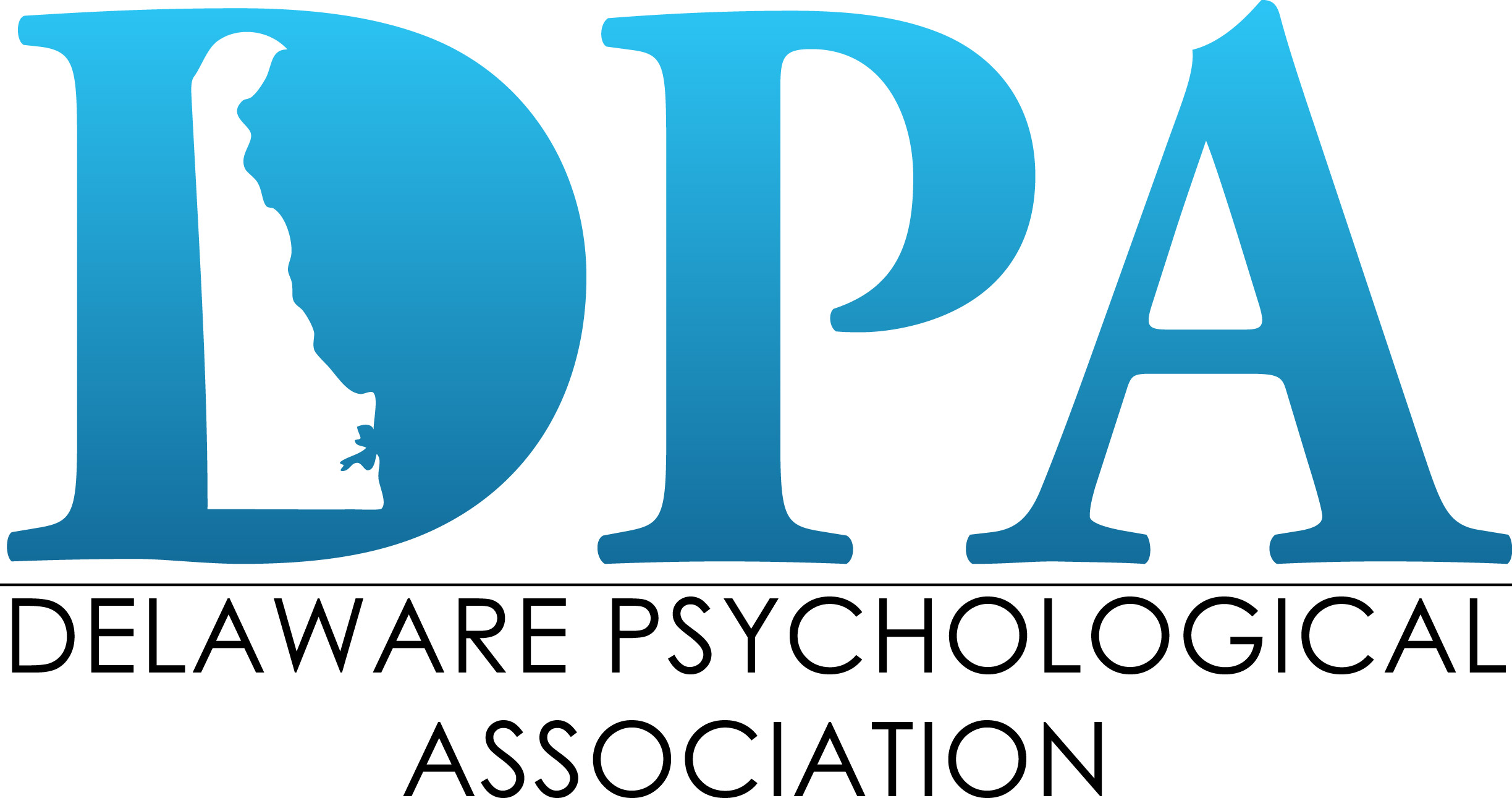
What Every Psychologist Needs to Know About the Law
But was afraid to ask
at the
Delaware Center for Horticulture
Click here to see the brochure
3 Ethics Continuing Education Credits
All mental health professionals (MHP) need to be familiar with the basics of Delaware law as it is applied to psychological practice. Psychologists dealing with serious mental illness, addiction, and youth and families are especially likely to eventually find themselves interfacing with legal and court systems. “What Every Psychologist Needs to Know About Law” will provide both beginning and advanced MHPs in Delaware with practical tools and concepts to professionally and ethically deal with common legal issues that may arise in practice.
We will consider basic issues such as how to respond to subpoenas and how to distinguish between expert and fact witnessing, but will also explore more difficult concerns, such as role conflicts when professionals who treat are asked to assess and testify, how to avoid being manipulated by clients with hidden agendas, and what judges want to know from mental health professionals. Among the concerns that will be addressed are parenting competency, domestic violence, substance abuse and inappropriate sexual behavior (especially in juveniles). This program will allow time to interact with a panel of local experts, including forensic psychologists and legal and court professionals who will address specific, current audience questions and concerns.
Objectives
At the end of this workshop, you will be able to:
1. Describe common professional and ethical issues (e.g., confidentiality, informed consent) involved with providing mental health testimony and reports to the Courts.
2. Discuss how providing mental health services (e.g., psychotherapy) is different from forensic mental health assessment, and you will be able to employ at least one practical method for avoiding role conflicts.
3. Explain the difference between expert mental health testimony and being a fact witness.
4. Describe what courts commonly want and expect from mental health professionals.
The Presenters:
The Honorable Felice Glennon Kerr, was a partner in the law firm of MacElree Harvey Ltd., where she specialized in divorce and family law, and also acted as a mediator, arbitrator, and parent coordinator. She was a past Chair of the Family Law Section of the Delaware Bar. Judge Kerr currently sits on the Family Court of New Castle County, Delaware.
Bonnie Gladu, Esquire, LPCMH, is currently a Deputy Attorney General for the Delaware Department of Justice in the Family Division. She represents the state of Delaware prosecuting juvenile delinquency and truancy cases in the Kent County Juvenile Unit. Her caseload includes Mental Health Court, a diversion program for juveniles who have mental health and competency issues.
Steve K.D. Eichel, Ph.D., ABPP, CST, is a licensed and board certified psychologist practicing in Newark, DE. He has had broad experience in forensic psychology including several high profile cases.
Joseph Zingaro, Ph.D., has performed over 600 forensic evaluations and testified in court over 400 times. He is a member of the American Psychology-Law Society Division of the APA and the Psychology-Law Committee of the Delaware Psychological Association. He has testified as an expert in Family and Superior Court in Delaware. Dr. Zingaro is Clinical Director of Peoples Place Counseling Centers.
If you are interested in sponsoring or exhibiting at this event please click here.
